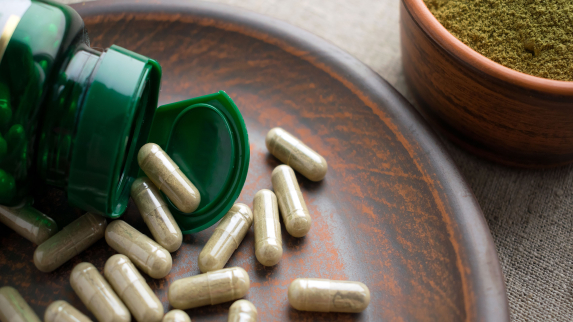Long-term use of high-dose green tea extract may provide some protection against cancer, cardiovascular disease, obesity and type 2 diabetes, but it also may create liver damage in a small minority of the population.
Who is at risk? Research from Rutgers, published in The Journal of Dietary Supplements, provides the first solid clue: two genetic variants that predict some of the risk.“Learning to predict who will suffer liver damage is potentially important because there’s growing evidence that high-dose green tea extract may have significant health benefits for those who can safely take it,” said Hamed Samavat, senior author of the study and an assistant professor of nutrition sciences at the Rutgers School of Health Professions.
Using data from the Minnesota Green Tea Trial, a large study of green tea’s effect on breast cancer, the research team investigated whether people with certain genetic variations were more likely than others to show signs of liver stress after a year of ingesting 843 milligrams per day of the predominant antioxidant in green tea, a catechin called epigallocatechin gallate (EGCG). To read the full story.

